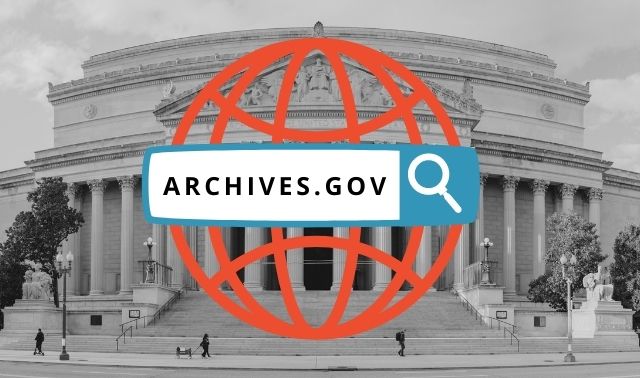Sign up for the Family Tree Newsletter Plus, you’ll receive our 10 Essential Genealogy Research Forms PDF as a special thank you!
Get Your Free Genealogy Forms
"*" indicates required fields
Faced with the problem of preserving the federal government’s zillions of electronic records in an obsolescence-proof format, the National Archives and Records Administration (NARA) <www.archives.gov> has announced that technology and communication systems companies Lockheed Martin <www.lockheedmartin.com> and Harris Corp. <www.harris.com> will duke it out for a chance to solve that dilemma.
As technology advances, today’s CD-ROMs, Zip disks and other means of data storage may go the way of the Betamax videocassette and eight-track audiotape. NARA’s challenge for the two contenders is to design the Electronic Records Archive(ERA) — a system that will store information permanently so it’s retrievable with whatever hardware and software are available at the time. According to NARA, ERA promises to make finding records easy for the public and for government officials, and to make delivering those records easy for NARA staff.
After a yearlong, $20.1 million ERA design competition, NARA will select one of the players to build the system. If you figure in the potential for reworking the ERA blueprints into electronic record-storage products for other organizations, the NARA contract could be worth hundreds of millions of dollars for the winner.
From the February 2005 Family Tree Magazine
ADVERTISEMENT





